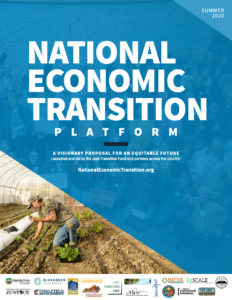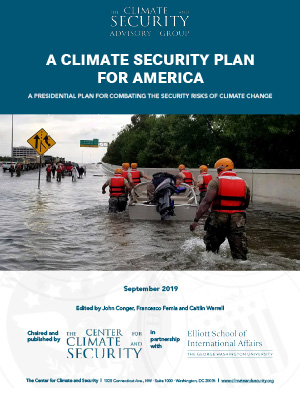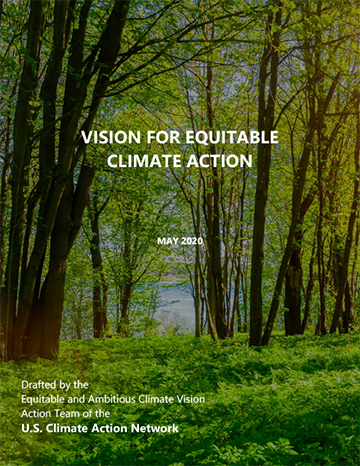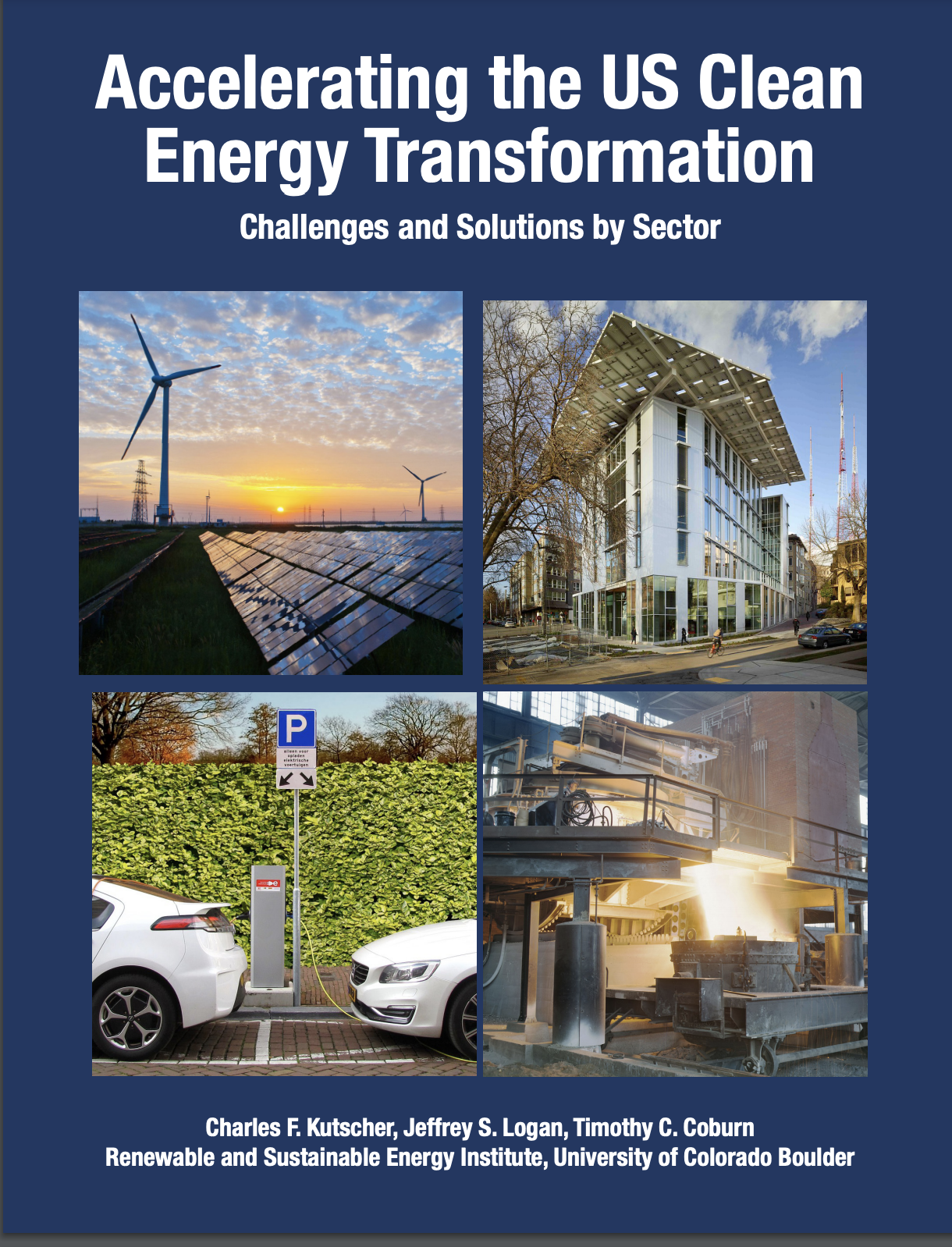Policy Plans
Solar Futures Study
The US Department of Energy and the National Renewable Energy Laboratory issued a Solar Futures Study in September 2021. It reports that with aggressive cost reductions, supportive policies, and large-scale electrification, solar could account for as much as 40% of the nation’s electricity supply by 2035 and 45% by 2050.
Fossil Fuel Exit Strategy
Researchers at the University of Technology in Sydney, Australia, have issued a “Fossil Fuel Exit Strategy.” They find that every region on Earth can replace fossil fuels with renewable energy to keep warming below 1.5ºC and provide reliable energy access to all.

Net Zero America. Potential Pathway’s, Infrastructure, and Impacts
“Net Zero America” provides granular guidance on what getting to net-zero requires and on actions to translate net-zero pledges into tangible progress. Princeton University and partner organizations used state-of-the-art modeling tools to create five different technologically and economically plausible pathways for the U.S. to reach net-zero emissions by 2050. The study provides sector-by-sector information on the timing and spatial distribution of changes in energy infrastructure, capital investment, employment, air pollution, land use, and other key outcomes at a state and local level.
Accelerating the U.S. Clean Energy Transformation
Experts at the Renewable and Sustainable Energy Institute at the University of Colorado Boulder have published a report that describes how to speed up the transition to clean energy in four sectors: buildings, transportation, electric production, and industry. The report was peer-reviewed by specialists from several universities and organizations, including the National Renewable Energy Laboratory, the University of California-Davis, the Colorado School of Mines, and the University of Wisconsin-Madison. The report identifies policy options, their potential, and costs.
Accelerating Decarbonization of the U.S. Energy System
The National Academies of Sciences, Engineering, and Medicine have issued goals and policy ideas to speed up the US transition to a decarbonized energy system. It suggests that the nation generate at least 75% of its electricity from non-carbon-emitting sources, shoot for half of new vehicle sales to be EVs, and cut building energy use in half, all by 2030.
Ceres Roadmap 2030
Ceres is a sustainability nonprofit organization workingwith the most influential investors and companies to build leadership and drive solutions throughout the economy. Through powerful networks and advocacy, Ceres tackles the world’s biggest sustainability challenges, including climate change, water scarcity and pollution, deforestation, and inequitable workplaces. Our mission is to transform the economy to build a sustainable future for people and the planet. For more information, visit ceres.org.

A 100 Percent Clean Future
A 100 percent Clean Future: This policy plan, from the Center for American Progress, builds on three pillars: a 100% clean future, a focus on workers, and environmental justice. Its goals are consistent with those in the Paris climate accord: net-zero greenhouse gas emissions by 2050 and net-negative emissions thereafter to keep global warming at 1.5oC or below.

The Ceres Blueprint for Responsible Policy Engagement on Climate Change
The Ceres Blueprint for Responsible Policy Engagement on Climate Change details how large U.S. companies should be structured to address climate change as a systemic financial risk and how to align their lobbying with science-based climate policy goals. The Ceres Blueprint calls on companies to Assess climate-related risks to the company, and the ways in which its lobbying efforts exacerbate or mitigate these risks; Govern to systematize decision-making on climate change across the company, including in all direct and indirect lobbying; and Act to align both direct and indirect lobbying with science-based climate policies.

National Economic Transition Platform
National Economic Transition Platform. Local leaders in America’s coal communities are developing solutions that tackle the climate crisis and create equitable and sustainable economic growth from the ground up. The National Economic Transition Platform has been developed by local, tribal and labor leaders to build sustainable, resilient and equitable economics for the people and places hit hardest by the changing coal economy. Its sponsors are the Just Transition Fund, Appalachian Voices, the Bluegreen Alliance and the Center for Coalfield Justice.

The Climate and Security Advisory Group
The Climate and Security Advisory Group, whose members include distinguished retired senior military officers and national security experts, has published recommendations for the President of the United States to integrate climate change into national security policy and agencies in the federal government. Among the Group’s proposals are an economy-wide policy to avoid catastrophic security consequences of climate change, and plans to improve climate resilience and clean energy use in key foreign countries to prevent the destabilization of fragile states.

Poor People’s Campaign
Poor People’s Campaign: This campaign, which continues the work of Dr. Martin Luther King, livestreamed a national rally on June 20 to call for action on a list of detailed demands including the immediate restoration and expansion of the Voting Rights Act; equal pay for equal work; a change in poverty standards based on housing, education, healthcare and other fundamental services; and end to inequalities in the criminal justice system; a 100% clean, renewable energy and public jobs program as the United States transitions to a green economy; and many other public policies grounded in our “deepest religious and Constitutional moral commitment to justice”.

Vision for Equitable Climate Action
Vision for Equitable Climate Action: Developed by a coalition of 175 climate organizations under the auspices of the U.S. Climate Action Network (USCAN). It calls for an equitable transition to 100% renewable energy by 2030, a phase-out of nuclear energy, an end to subsidies for polluting fuels, zero emission from the transportation sector by 2050, and many more proposals in the buildings, agriculture, public health, utility and aviation sectors. The proposals will be the basis of a new climate advocacy campaign called Arm in Arm.

Evergreen Action Plan
Evergreen Action: The team that put together Gov. Jay Inslee’s climate action plan – considered the “gold standard” of climate policies during the 2020 presidential campaign – has reshaped into an 85-page action plan. Then, Evergreen Action and Data for Progress issued a $1.5 trillion green stimulus plan, A Clean Jumpstart for America, to make renewable energy and environmental justice a centerpiece of post-pandemic recovery.

Climate-Smart Agriculture Policies
The North America Climate Smart Agriculture Alliance (NACSAA) has submitted policy and program recommendations from agriculture and rural leaders to the Senate Democrats’ Special Committee on the Climate Crisis. The recommendations are the result of a collaborative effort by NACSAA’s partners to call attention to the profound and critical role agriculture plays in bridging gaps in policy arenas – from food security and nutrition, to energy and national security, to rural development and job creation, to environmental protection and climate mitigation.





